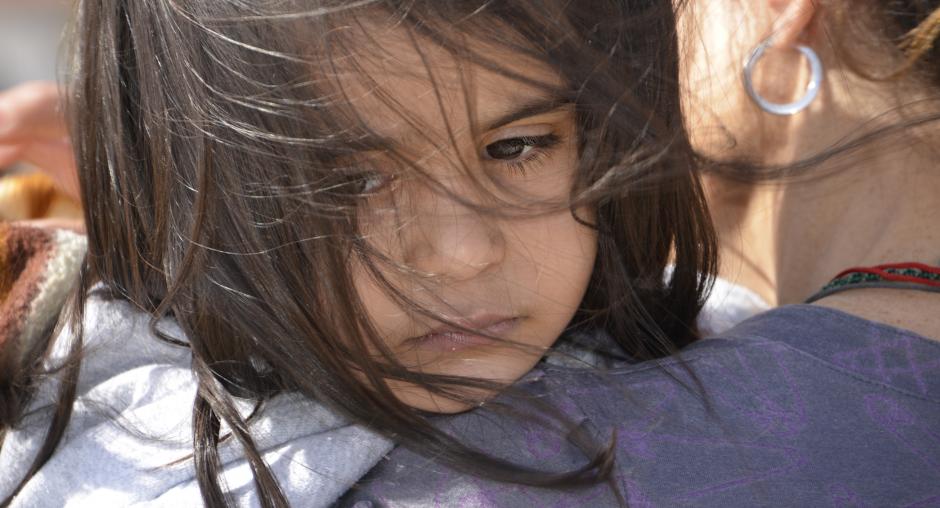Convention on the Rights of the Child far from reality for migrant children, OSCE human rights head says

WARSAW, 20 November 2019 – Thirty years after the adoption of the UN Convention on the Rights of the Child, the head of the OSCE Office for Democratic Institutions and Human Rights (ODIHR) calls on governments to take greater responsibility for the wellbeing of children living in their countries, wherever they come from and however long they will be there.
“The Convention on the Rights of the Child was a true milestone in pushing the rights of the world’s youngest citizens further up the international agenda,” said ODIHR Director Ingibjörg Sólrún Gísladóttir. “But the dire situation of many migrant children shows that the Convention is not yet a reality for all. We are seeing children detained, separated from their families, and at risk of trafficking and abuse. Nobody can say this is putting the interests of children first.”
Children are increasingly becoming a key feature of global migration, with 30 million worldwide having fled violence and insecurity in their home country or the place in which they last lived. Many continue to have their rights denied, including routine detention for immigration purposes. There is increasing evidence that detention has a detrimental and lasting effect on children’s wellbeing, leading to proposals it should be considered illegal at all times under international law.
The Convention on the Rights of the Child obliges countries to put the best interest of the child at the centre of their decisions. This includes prioritizing children’s rights over any immigration-related procedure or their legal status to ensure they have access to healthcare, education and housing.
Migrating makes people vulnerable, whoever they are. In the case of child migrants, whether they are with their families or travelling alone, even greater care needs to be taken to ensure that children are safe and their rights respected. Their integration into their country of destination depends on governments taking responsibility for their wellbeing, and ensuring they are not marginalized or discriminated against, or exploited.
ODIHR works with countries across the OSCE region to help them develop alternatives to immigration detention for both children and families. ODIHR also helps countries to ensure respect for the human rights of migrant children who may be at risk in the place they have arrived from and therefore cannot be returned, for example by discussing ways of legalizing their status. Through its work in this area, ODIHR contributes to making the pledges contained in the Convention a reality for every child.
